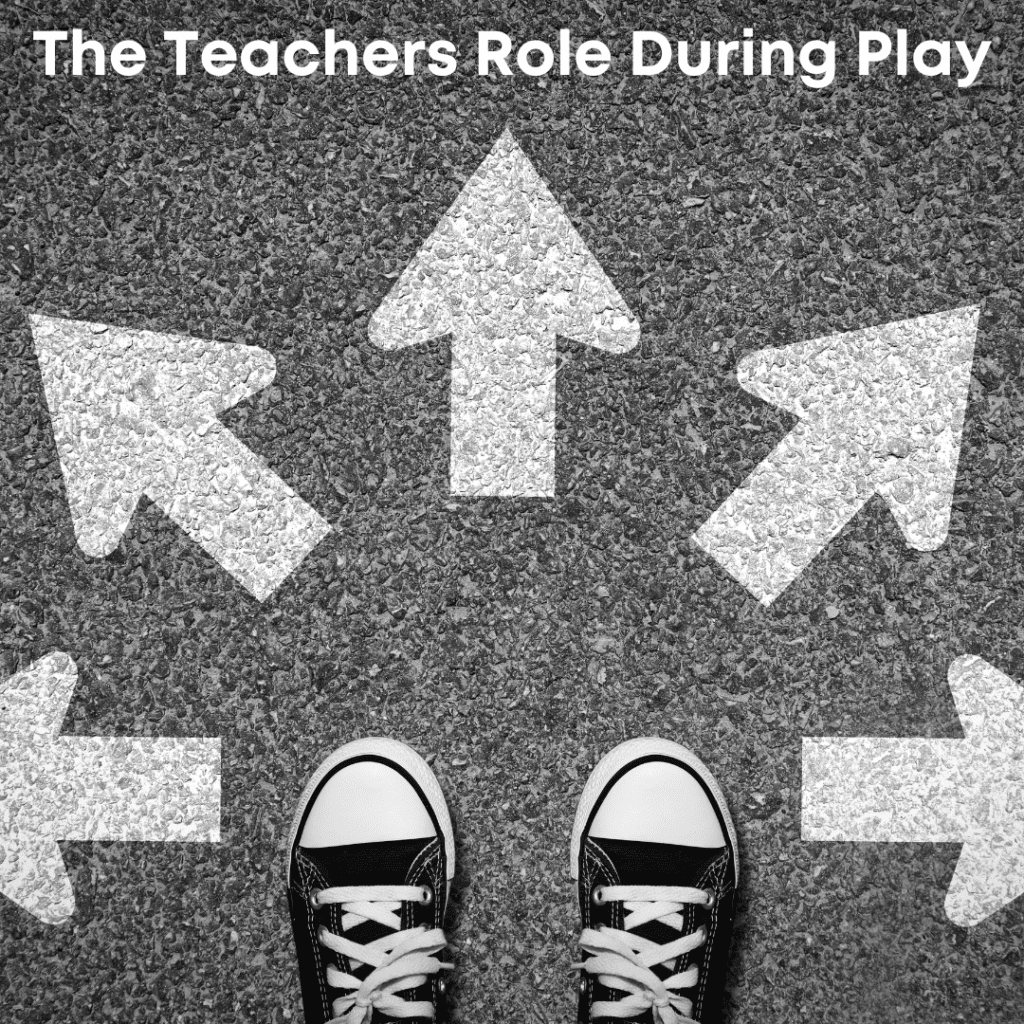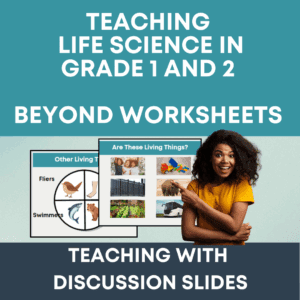I’m often asked what I do while the children are playing. I think this question stems from the self-selected play that adults typically see children do in the home setting. The teachers role during play is multi-layered. The teacher intentionally designs play opportunities, activities and the environment with specific goals in mind.
How Play Helps Children
During play children develop skills and knowledge.
- Cognitive Skills – this includes remembering, problem solving, processing information and making decisions.
- Emotional Skills – this includes opportunities to experience emotions and to practice emotions through dramatic play
- Social Skills – this includes taking turns, collaborating, negotiating and solving problems
- Physical Skills – this includes both large and small motor development
- Language and Literacy – this includes oral and written opportunities
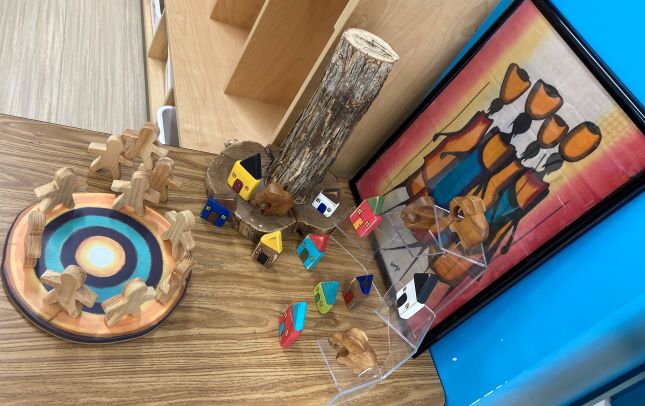
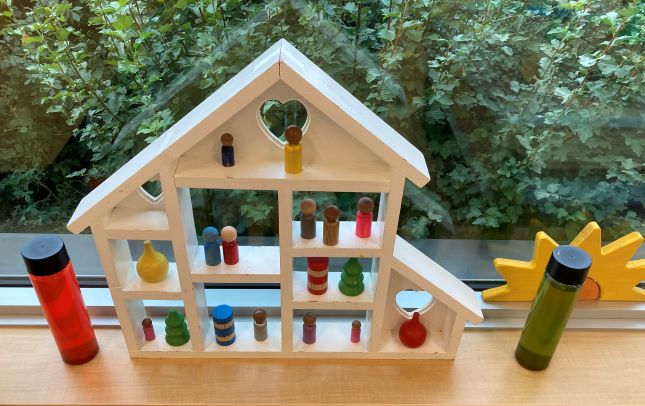
The Teachers Role During Play
In addition to intentionally designs play opportunities, activities and the environment with specific goals in mind. NAEYC’s article Play and Learning Go Hand in Hand, suggest that teachers are doing the following activities during play:
- Observing children – noticing what children are able to do and planning additional activities to support and extend the learning
- Asking questions – using prompts that prompt children to think and talk about their ideas
- Encouraging – recognizing effort and persistence
- Creating the next task – scaffolding the learning based on what the children ca already do
- Empowering children – asking about their plans for next steps or asking them to tell you about what they have created or designed
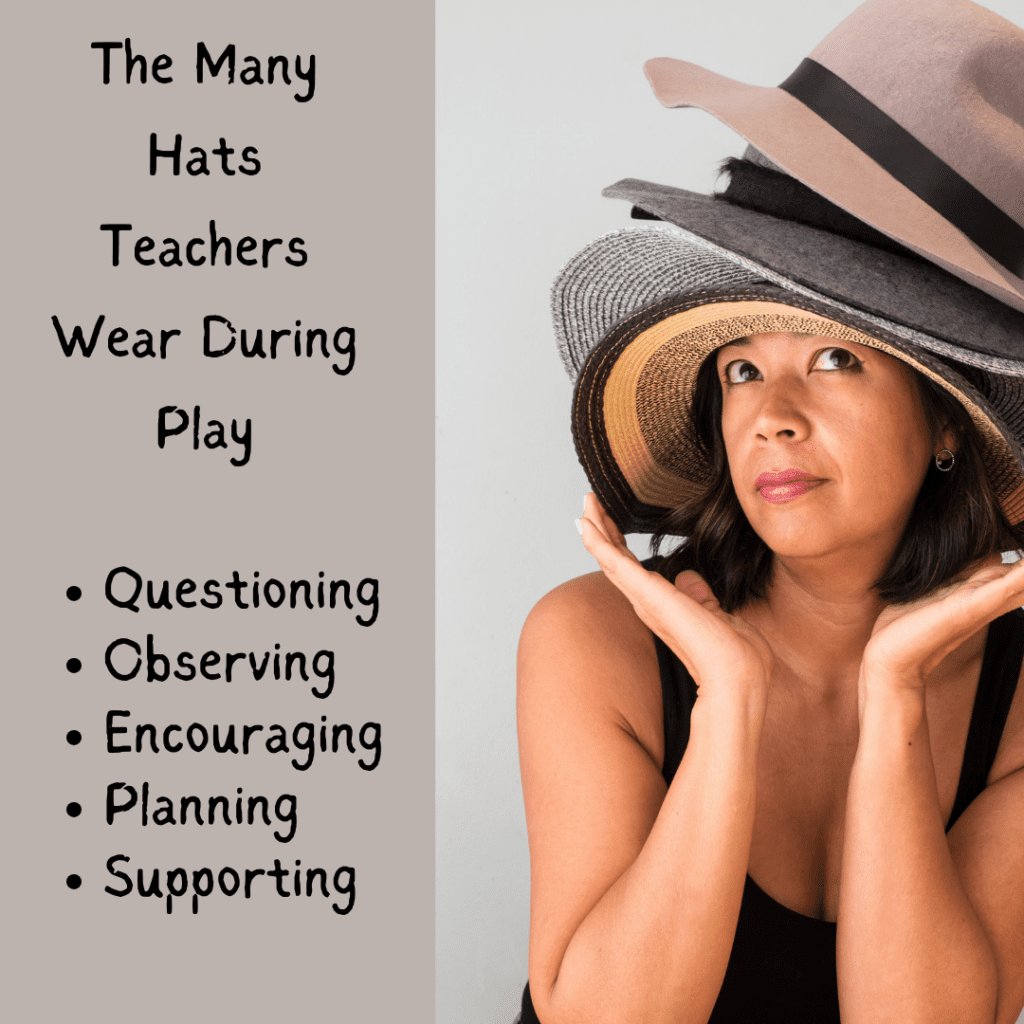
Happy Learning,
Lynda

